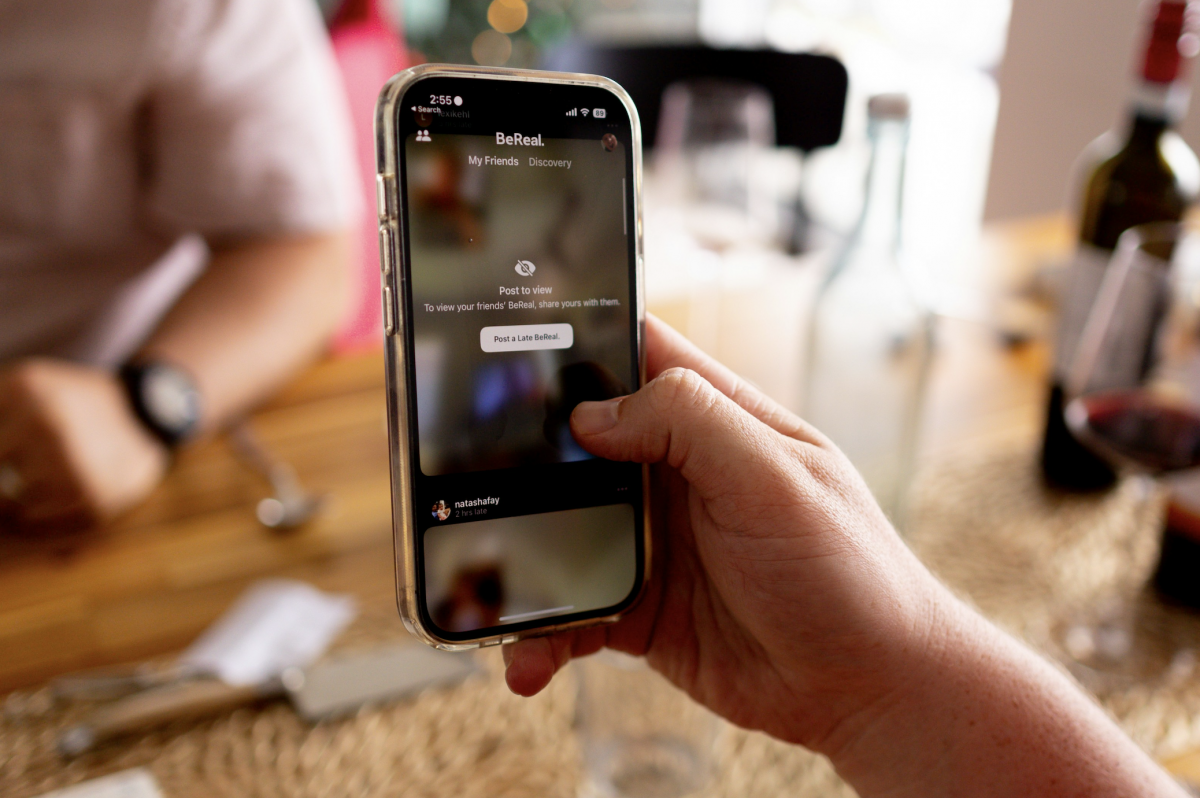The Tennessee Attorney General has joined a bipartisan group last week to urge the U.S. Surgeon General to slap a warning label on social media platforms to protect young people’s mental health.
Surgeon General Dr. Vivek H. Murthy called for such labels in June with an op-ed piece in The New York Times. In it, Murthy said, ”the mental health crisis among young people is an emergency — and social media has emerged as an important contributor.” Risks of depression and anxiety are nearly doubled for adolescents who spend more than three hours per week on social media, Murthy said.
Murthy rang the alarm bell on social media use last year in a detailed advisory on youth and social media. Parts of it went broad, what you’d expect in a scientific paper from the government. For example, it reads “scientific evidence suggests that harmful content exposure as well as excessive and problematic social media use are primary areas for concern.” But the report also gets into the nitty-gritty of real harms.
”Despite social media providing a sense of community for some, a systematic review of more than two dozen studies found that some social media platforms show live depictions of self-harm acts like partial asphyxiation, leading to seizures, and cutting, leading to significant bleeding,” reads the advisory. “Further, these studies found that discussing or showing this content can normalize such behaviors, including through the formation of suicide pacts and posting of self-harm models for others to follow.”
Twenty other studies reviewed by the Surgeon General found social media could “perpetuate body dissatisfaction, disordered eating behaviors, social comparison, and low self-esteem, especially among adolescent girls.”
Last week, Tennessee AG Jonathan Skrmetti added his voice to this effort. He joined a letter with some unlikely allies — liberal havens like California, Massachusetts, and more. It also had red-state support from typical allies like Mississippi, Alabama, South Carolina, and others.
“Algorithmic social media platforms have had a devastating effect on kids’ mental health,” Skrmetti said in a statement. “The evidence of the damage done by these platforms continues to mount. My office is in litigation against several social media corporations and remains committed to ensuring that this entire industry does right by our kids.”
But do government warning labels work? That is, if these platforms come with a new box on the screen telling kids they are harmful, will they change their behaviors? A couple of historical examples say no, or not really, or it’s hard to say.
The most-famous warning labels came after a similar Surgeon General’s advisory on cigarettes in 1964. By 1965 cigarette packs carried those warnings that say “smoking may be hazardous to your health.”
Do they work? One recent study says no.
“Placing graphic warning labels on U.S. cigarette packs did not have an effect on smoking behavior; however, these findings suggest that they may enhance other tobacco control strategies to reduce cigarette smoking,” reads the summary of a 2021 report in the journal Substance Abuse and Addiction.
For the study, 357 smokers were given different packs — some with the warning label, the others were blank. After three months, there was no difference in smoking behaviors.
Another famous government warning label may have induced children to consume even more of the product that label deemed harmful. Any 90s kid is familiar with the black-and-white label on some CDs that read “Parental Advisory Explicit Lyrics.”
The idea for those stickers came not from a doctor nor a child behavioral professional but from a group of four women married to lawmakers. The “Washington Wives” famously included Tipper Gore, married to Al Gore from Tennessee. Together, they convinced Congress the stickers would shield kids from the sexually explicit lines in Prince’s “Darling Nikki” or AC/DC’s “Let me Put My Love Into You.”
Did those stickers work? Hard to say. Just as there was little data to prove the music was actually harmful, little data seems to exist of the sticker’s effect on protecting children. Frank Zappa told a congressional panel that the legislation for the stickers was “an ill-conceived piece of nonsense that fails to deliver any real benefits to children…”
As for any word from any government agency, a curious (and probably old) memo from the Washington State Attorney General says ”most experts and critics alike, feel the label is too vague and that it doesn’t offer any information at all.”
”Critics also say that ratings can cause a ’boomerang’ or ’forbidden-fruit effect’ and may actually attract children,” reads the memo.
